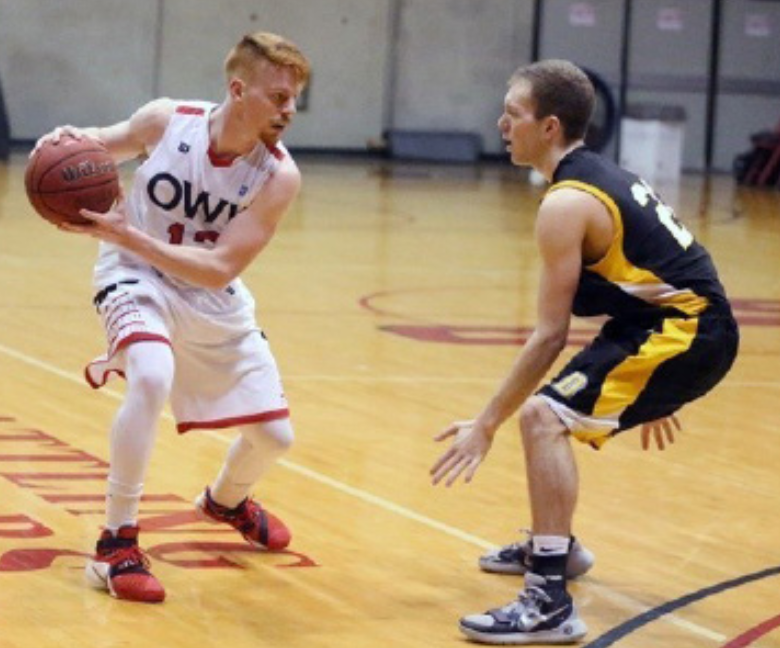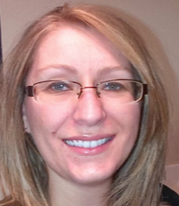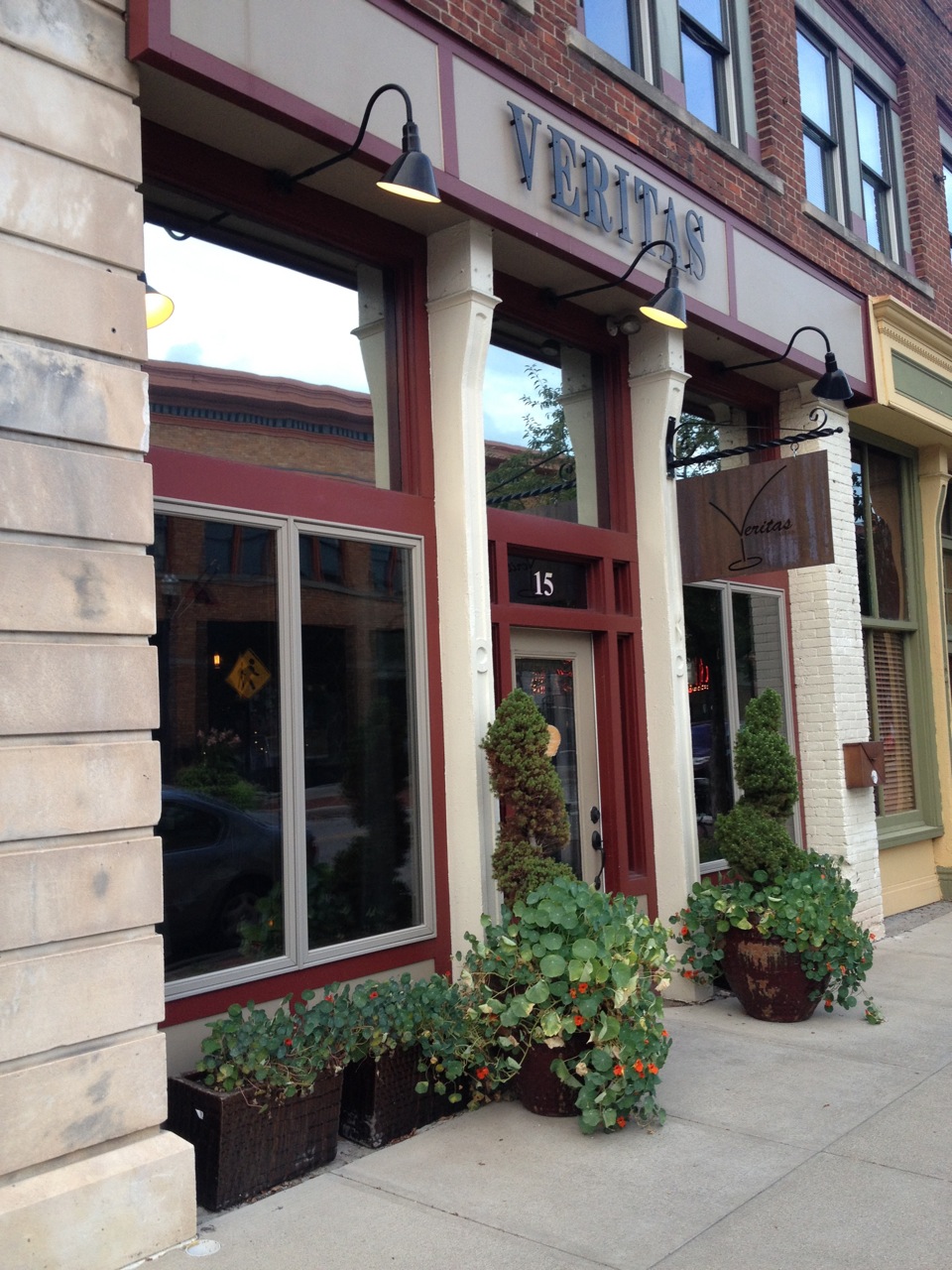By Matt Maier, Transcript Reporter
With fall sports wrapping up last week, the winter season is upon us and the men’s basketball team is in full force.
Opening their season with a game against Albion College Nov. 18, the Battling Bishops won 91-77 with help from players like Ben Simpson and Will Orr. Simpson led the Bishops with 21 points.
“The main thing that I do is watch film and determine how I can exploit my matchup,” Simpson said. “I love determining what I can do as a player to get the whole team involved as well.”
A day later, the Bishops played Trine University and won 79-72. This time, it was Orr who led the Bishops with 21 points, making seven of his 13 attempts from long range.
“I really just get my body ready mentally and physically,” Orr said.
“During pre-game, I shoot and make sure that I am knocking down my shots.”
Since the Trine game, the Bishops hit a three-game losing streak, losing to opponents like Capital, Illinois Wesleyan and Otterbein.
Against Capital, the men’s team lost 76-82; against Illinois Wesleyan, they lost 70-88 and against Otterbein, the men’s team fell short 66-72. But coach Mike DeWitt said he is optimistic about the future.
“Right now we just need to trust the process and trust each other,” DeWitt said. “If we can do that, we’ll get better as the season progresses and be a good team.”
Orr said, “I think we just need to remain a family, continue to trust each other and all use a boost of confidence to get through this.”
The Bishops beat DePauw in a close game with a score of 84-71 on Dec. 3. In this game, it was Simpson who led the team with 25 points.









